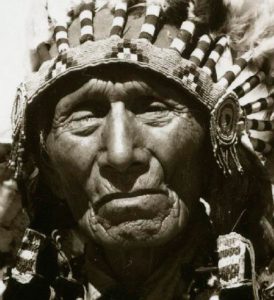Unquestionably, highly complex environments belong to the conditions of possibility for forming communication systems. Above all, two opposing presuppositions must be secured. On the one hand, the world must be densely enough structured so that constructing matching interpretations about the things in it is not pure chance; communication must be able to grasp something (even if one can never know what it ultimately is) that does not permit itself to be decomposed randomly or shifted in itself. On the other, there must be different observations, different situations that constantly reproduce dissimilar perspectives and incongruent knowledges on precisely the same grounds. Correspondingly, one can conceive of communication neither as a system-integrating performance nor as the production of consensus. Either would imply that communication undermines its own presuppositions and that it can be kept alive only by sufficient failure. But what, if not consensus, is the result of communication?
— Niklas Luhmann (1995, 171-2)
The result, according to Luhmann, is to make the system more sensitive to ‘chance, disturbances, and “noise” of all kinds.’ Communication ‘can force disturbances into the form of meaning and thus handle them further.… By communication, the system establishes and augments its sensitivity, and thus it exposes itself to evolution by lasting sensitivity and irritability’ (172).
Communication then presents challenges to the integrity of the social system – challenges which open its collective cognitive bubble to chaos and thus enable it to grow by incorporating matter from outside. The system informs itself by turning noise into signal, enabling it to modify its own habits. But the whole process depends on representation of ‘dissimilar perspectives’ on the same object of attention.
